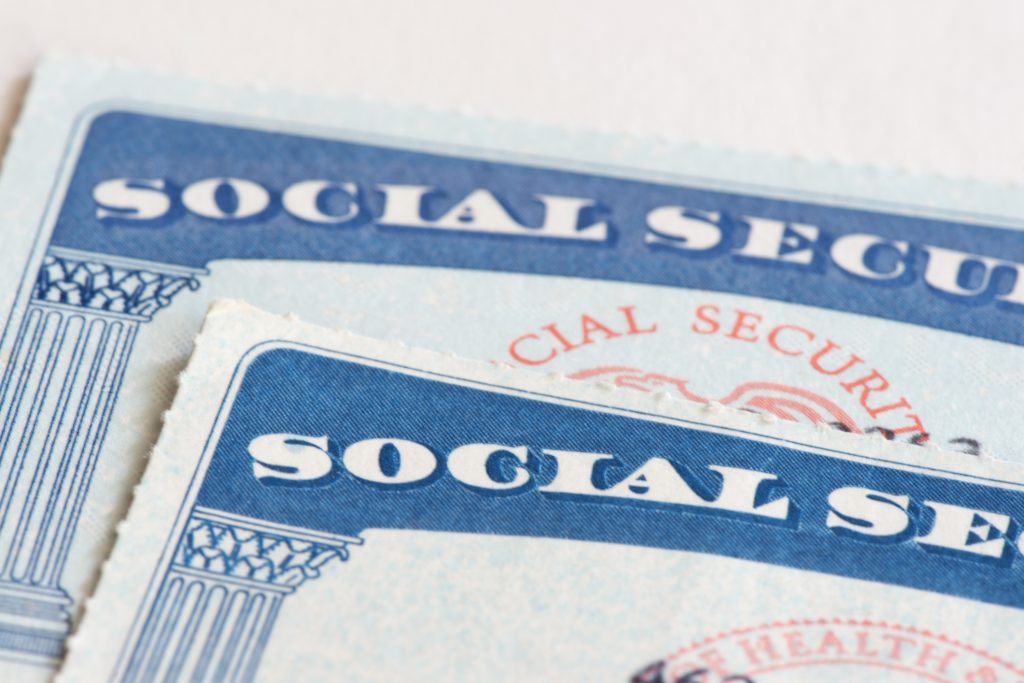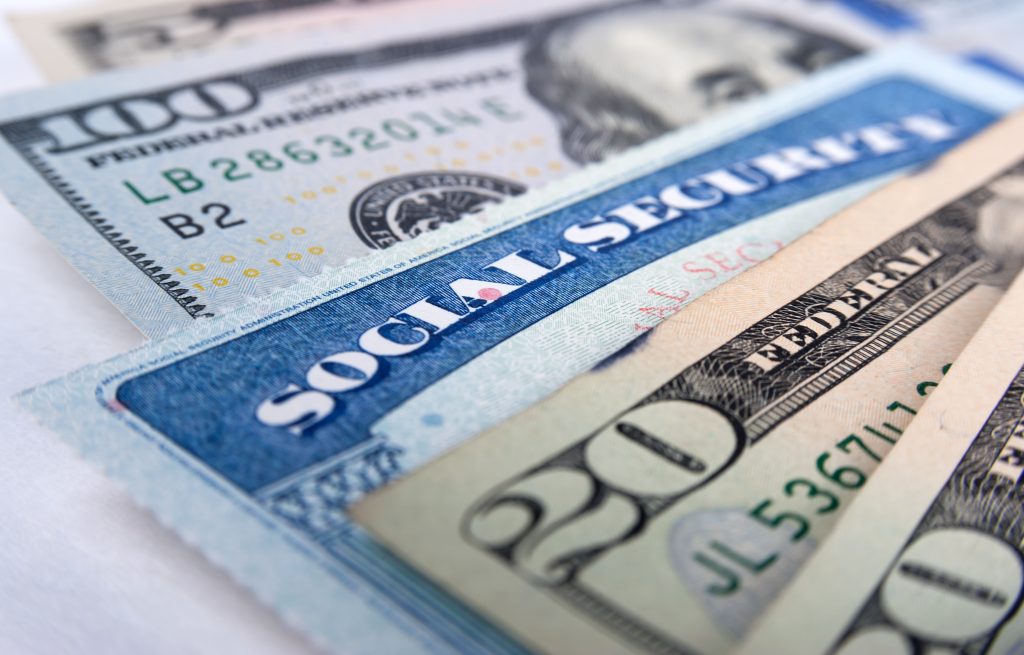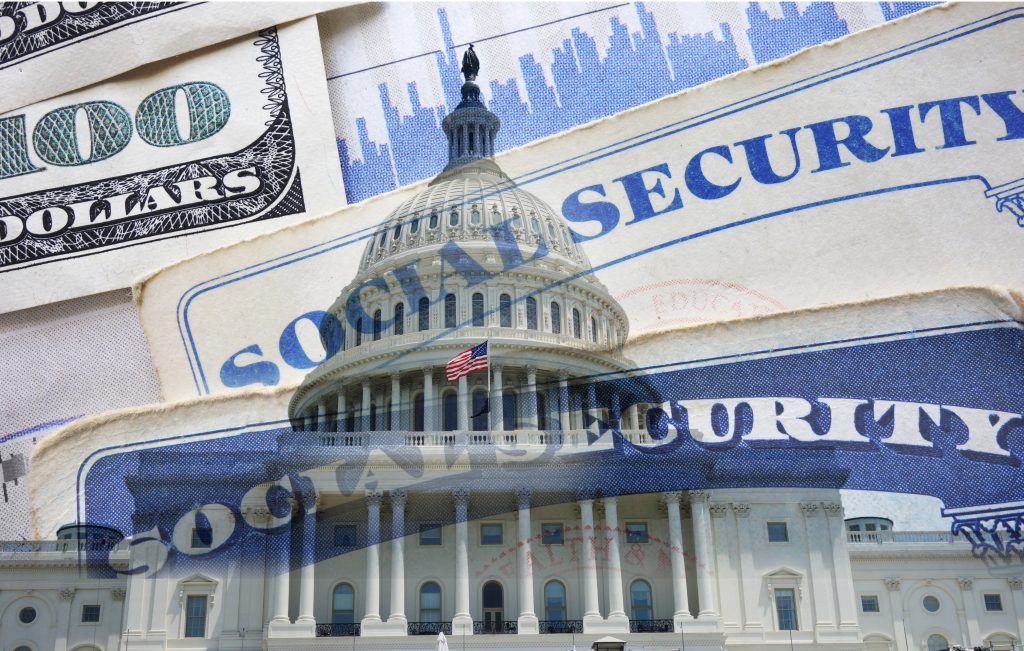
Image source: Getty Images
The end of the year is a popular time to set money goals. If one of yours is to save more, a good way to do that is by looking for a few expenses to cut. It’s easy to fall into the habit of overspending, especially when you don’t track your bills too closely.
There are lots of common expenses that you can probably cut without too much difficulty. Here are five that could save you $655 per month.
1. Unused subscription services
It sometimes seems like every company wants you to subscribe with them. Streaming services, retailers, apps — they all want you to sign up for a membership and start paying them a monthly or yearly fee.
There’s nothing wrong with paying for services that you use regularly. But be careful not to waste money on services you rarely or never use anymore. The average value of unused monthly subscriptions is $32.84, according to a recent survey by Self Financial. Review your subscriptions every few months to see if there are any you don’t need.
2. Credit card interest
Credit card debt is one of the most common financial problems, and it can cost you quite a bit. The average rate on credit cards that are assessed interest is 23.37%, according to Federal Reserve data. At that rate, carrying a $5,000 balance would cost you $96.94 per month.
You might be thinking that credit card interest isn’t exactly an expense you can just cut at any time. But you actually can if you get a balance transfer card. This type of card has a 0% intro APR on balances you bring over. So, you can transfer over your credit card debt and pay it down interest free during the introductory period.
If you currently have credit card debt, click here for our list of top balance transfer cards, with 0% intro APRs lasting as long as 21 months.
3. Food deliveries
Services like DoorDash and Uber Eats are definitely convenient. When you’ve had a long day, ordering food through an app saves you the time and work of preparing a meal.
But ordering food is almost always more expensive than cooking it at home. That’s especially true after all the extra charges included on food delivery apps. There’s typically a delivery fee, service fee, and tip.
Americans who use these delivery services spend an average of $407 per month, according to LendingTree. Even if you don’t delete these from your phone entirely, limiting how often you use them could make a big difference. If you’re currently spending $400 or $500 per month, see if you can get that down to $200.
4. Banking fees
Big banks tend to tack on lots of extra fees with their accounts. They often charge monthly fees, normally ranging from $5 to $25, unless you meet the requirements to get the fee waived. Other common charges include overdraft and ATM fees.
If your bank is charging you any fees, switch to an online bank. There are plenty of excellent checking accounts with no monthly fees or account minimums. They’re just as safe as brick-and-mortar banks, too, as they have the same FDIC insurance.
Online banks also typically offer the highest-paying savings accounts. Some big bank savings accounts earn as little as 0.01%. The best high-yield savings accounts are paying in the range of 4.00 APY now, and some are even a little higher. Click here to check out our list of favorites.
5. Dining out
Dining is another area where many Americans spend heavily. That’s understandable — going out for lunch, dinner, or drinks is one of the most popular ways to socialize. Last year, U.S. households spent an average of $328 per month on food away from home, according to the U.S. Bureau of Labor Statistics.
I’m not recommending that you abandon your social life and never go out again. But consider swapping out one or two meals away from home each month for a cheap or free activity. You could easily cut $100 to $200 in spending this way.
Adding up the savings
To recap, let’s look at how much you could save if you cut back in the five categories above:
- $33 on unused subscriptions
- $97 in credit card interest
- $200 to $300 on food deliveries
- $5 to $25 in banking fees
- $100 to $200 on dining out
In total, you’d have another $435 to $655 that you could save or invest. Everyone’s spending habits are different, so your numbers might not line up entirely with the ones above. But if you’re spending in any of these categories, it’s worth seeing if you can cut back.
Alert: highest cash back card we’ve seen now has 0% intro APR into 2026
This credit card is not just good – it’s so exceptional that our experts use it personally. It features a 0% intro APR for 15 months, a cash back rate of up to 5%, and all somehow for no annual fee!
Click here to read our full review for free and apply in just 2 minutes.
We’re firm believers in the Golden Rule, which is why editorial opinions are ours alone and have not been previously reviewed, approved, or endorsed by included advertisers.
Motley Fool Money does not cover all offers on the market. Editorial content from Motley Fool Money is separate from The Motley Fool editorial content and is created by a different analyst team.Lyle Daly has no position in any of the stocks mentioned. The Motley Fool has positions in and recommends Uber Technologies. The Motley Fool has a disclosure policy.
 benzinga.com
benzinga.com fool.com
fool.com



